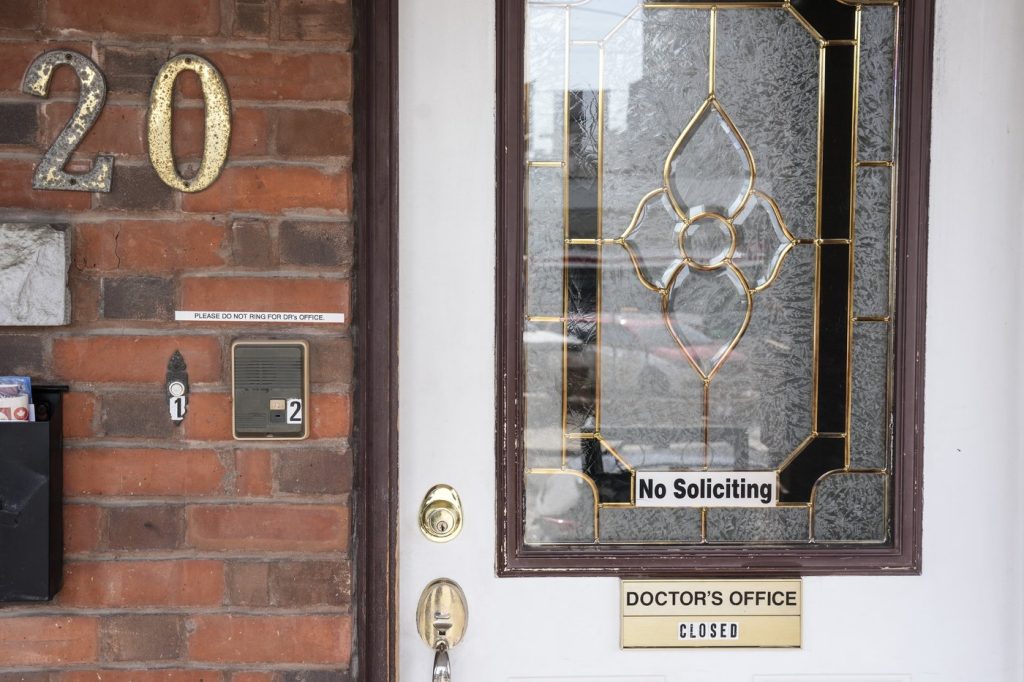TORONTO – Toronto Public Health (TPH) has reported significant concerns regarding infection control practices at the clinic of Dr. Esther Park, a gynecologist, following an inspection that has led to a notification sent to approximately 2,500 patients about potential exposure to blood-borne viruses. The agency has disclosed more details about its investigation to the media amid public frustration towards both the doctor and the inspection processes surrounding infection prevention and control.
In mid-February 2025, TPH advised patients who received specific medical procedures—such as endometrial biopsies, IUD insertions, or cervical growth removals between October 10, 2020, and October 10, 2024—to consider testing for HIV, hepatitis B, and hepatitis C. These recommendations emerged after an investigation highlighted numerous "deviations from best practices" at Dr. Park's clinic.
Dr. Herveen Sachdeva, the city’s associate medical officer of health, stated that during the inspection, it was discovered that essential instruments like speculums weren't properly disassembled for cleaning, which is critical to ensure thorough disinfection. Moreover, there was an alarming overdilution of the disinfecting solution used for soaking instruments, which raised concerns regarding the potential for disease transmission, especially since an autoclave—needed for sterilization—was not utilized.
Dr. Sachdeva emphasized the risks associated with the clinic's practices and informed that TPH observed many lapses during its inspection. Attempts to contact Dr. Park for her comments were unsuccessful as she did not respond to phone calls or messages left at her office.
The College of Physicians and Surgeons of Ontario (CPSO) has also launched an inquiry into Dr. Park's infection control methods. Though specific details of the investigation remain confidential, a spokesperson indicated that Park is still permitted to practice under certain conditions, having restricted her practice to office-based gynecology since December 2024. Up until now, no infections have been confirmed as a direct result of the clinic’s practices, according to TPH's latest updates.
As of the prior week, TPH reported that it had received testing results from around 100 to 200 patients, while many others expressed confusion about their need for testing. Dr. Sachdeva further explained that the delay in notifying patients—almost four months—was due to the need to investigate the procedures performed and methods of cleaning and sterilizing instruments used at the clinic.
Patients have voiced deep concern regarding the situation. Lucie Stengs, who visited Dr. Park for an IUD insertion in January 2025, expressed understanding of the agency’s caution in not sparking undue panic, but raised ethical concerns about the withholding of information from patients. Although Stengs did not receive a notification letter as she had not undergone procedures during the specified timeframe, she opted to get tested after consulting with her family doctor.
Karin Martin, another patient who had multiple biopsies at the clinic before being diagnosed with uterine cancer, expressed her anger upon receiving a notification letter, highlighting a wave of distress that other patients are also experiencing. She has connected with around 50 other women who have expressed similar concerns regarding their treatments and potential risks stemming from the clinic's practices.
In light of these events, public health officials stress the importance of stringent infection control measures within healthcare settings, as well as the necessity for regular audits to ensure compliance. While Dr. Park has complied with corrective recommendations, the case file remains active as testing continues for affected patients, and TPH emphasizes that it does not routinely inspect healthcare facilities without a reported complaint.










